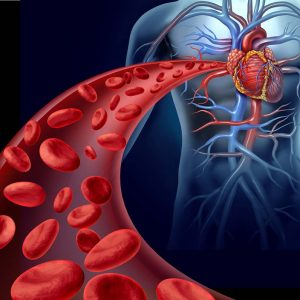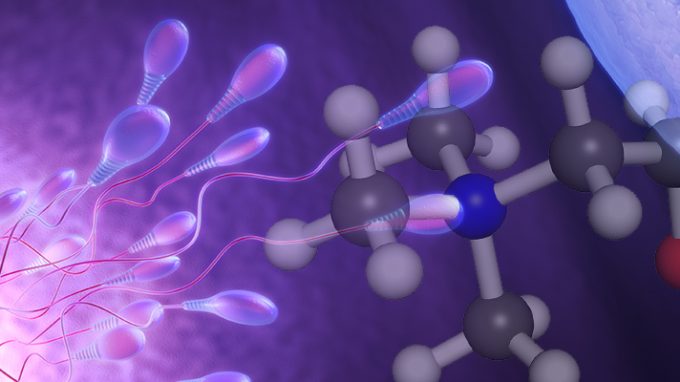The role of L-carnitine in sperm health has been studied extensively in recent years with numerous journal articles linking this amino acid to aiding in male fertility. In a 2011 study published in the Journal of Pakistan Medical Association, it was determined that the levels of L-carnitine play an essential role in male fertility. Life Extension Magazine reports that a 2012 study showed that only one in four men have optimal semen quality, and sperm counts around the world may have decreased by 50 percent since the 1930s. According to another study by Italian researchers, L-carnitine supplementation helped sperm to swim. Giving the disturbing decline, it’s no wonder that L-carnitine is making the headlines for its ability to aid in healthy male reproduction.
How Carnitine Works
Increasing the Movement of Sperm

Rich Sources of Carnitine
Forms of Carnitine
Other Health Conditions
 L-carnitine is an amino acid that acts as an antioxidant. Because of this, many other diseases can be treated by supplementation of L-carnitine. There is good evidence that shows that angina, heart attacks and heart failure may be mediated with L-carnitine supplementation. A build-up of blood in the arteries, known as peripheral vascular disease can help relieve symptoms associated with the disorder. Additional studies also suggest that L-carnitine may play a helpful role in erectile dysfunction and Peyronie’s Disease, in which the penis develops a curvature that leads to pain during an erection. Men that took L-carnitine experienced less pain during sex and a reduction in the curvature of the penis.
L-carnitine is an amino acid that acts as an antioxidant. Because of this, many other diseases can be treated by supplementation of L-carnitine. There is good evidence that shows that angina, heart attacks and heart failure may be mediated with L-carnitine supplementation. A build-up of blood in the arteries, known as peripheral vascular disease can help relieve symptoms associated with the disorder. Additional studies also suggest that L-carnitine may play a helpful role in erectile dysfunction and Peyronie’s Disease, in which the penis develops a curvature that leads to pain during an erection. Men that took L-carnitine experienced less pain during sex and a reduction in the curvature of the penis.




